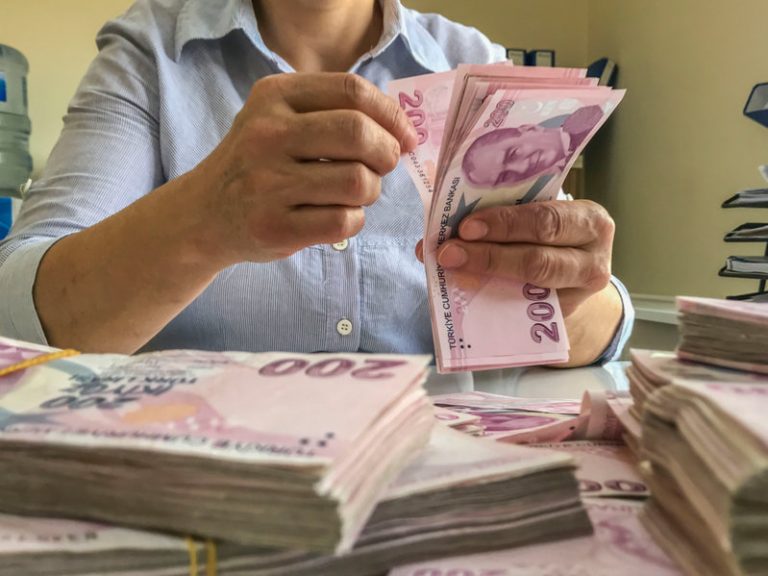Global markets faced turbulence on Wednesday, with Turkish assets experiencing significant declines amid a backdrop of international economic concerns.
The Turkish lira dropped to 32.82 against the US dollar, while the BIST 100 index, Turkey’s primary stock benchmark, fell by 0.74%.
These movements reflect growing instability in emerging markets, exacerbated by ongoing domestic political developments and global economic uncertainties.
Turkish markets under pressure
The Turkish lira and stocks are grappling with a whirlwind of political and economic factors.
President Recep Tayyip Erdogan’s imminent address to his ruling AK Party is raising speculation about possible shifts in economic or political strategy.
Simultaneously, the opposition Good Party is holding its own meetings, highlighting the deepening political polarization in Turkey.
Additionally, the Turkish parliament is set to debate new tax legislation, further adding to the volatile environment. The benchmark BIST 100 index has declined by 2.0% this week, reflecting investor anxiety over Turkey’s economic direction.
Investors are keenly watching how Erdogan’s economic policies will address the lira’s ongoing weakness, particularly given the criticism that his approach prioritizes growth over inflation control.
Global tech earnings impact
Compounding the market unrest, disappointing earnings reports from major U.S. tech companies have reverberated across global markets.
Alphabet Inc. (NASDAQ: GOOGL) and Tesla Inc. (NASDAQ: TSLA) both fell short of earnings expectations, leading to concerns about the broader tech sector’s growth prospects.
Tesla, the electric vehicle leader, reported earnings below estimates for the second quarter, raising doubts about its future growth and the health of the electric vehicle market.
Google, meanwhile, underperformed in YouTube ad revenue, casting a shadow on the tech sector’s resilience amidst economic challenges.
Japan’s monetary policy speculation
In contrast, the Japanese yen reached a seven-week high against major currencies on Wednesday, driven by anticipation of a potential interest rate hike by the Bank of Japan (BoJ).
Japan has long maintained ultra-low interest rates, diverging from the tightening cycles seen in other major economies.
A shift towards a more hawkish monetary policy could have significant implications for global capital flows and currency markets.
The yen’s appreciation signals expectations of a potential policy shift, which could impact global carry trades and overall liquidity in the financial system.
Looking ahead: Market expectations
As Turkish markets navigate their political and economic challenges, global investors are watching for further developments.
The performance of the tech sector will be closely monitored for signs of broader market impacts, while potential policy changes from the BoJ could lead to significant shifts in currency markets and investment flows.
In this period of heightened uncertainty, diversification and prudent risk management are crucial for investors. The coming weeks will be pivotal in shaping market sentiment and assessing the global economic recovery’s resilience.
As geopolitical and economic factors continue to evolve, staying informed and strategically positioned will be key for navigating the complexities of today’s financial landscape.
The post Turkish lira and stocks tumble amid global tech woes and political uncertainty appeared first on Invezz

